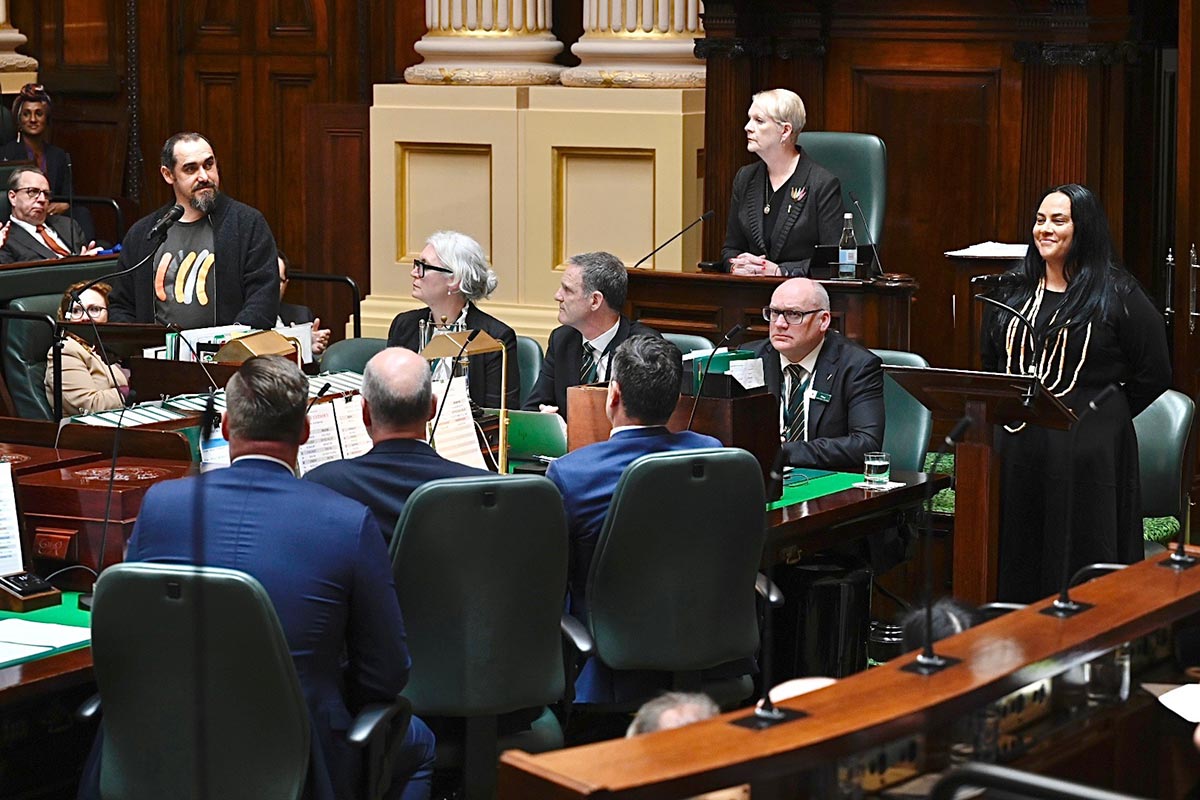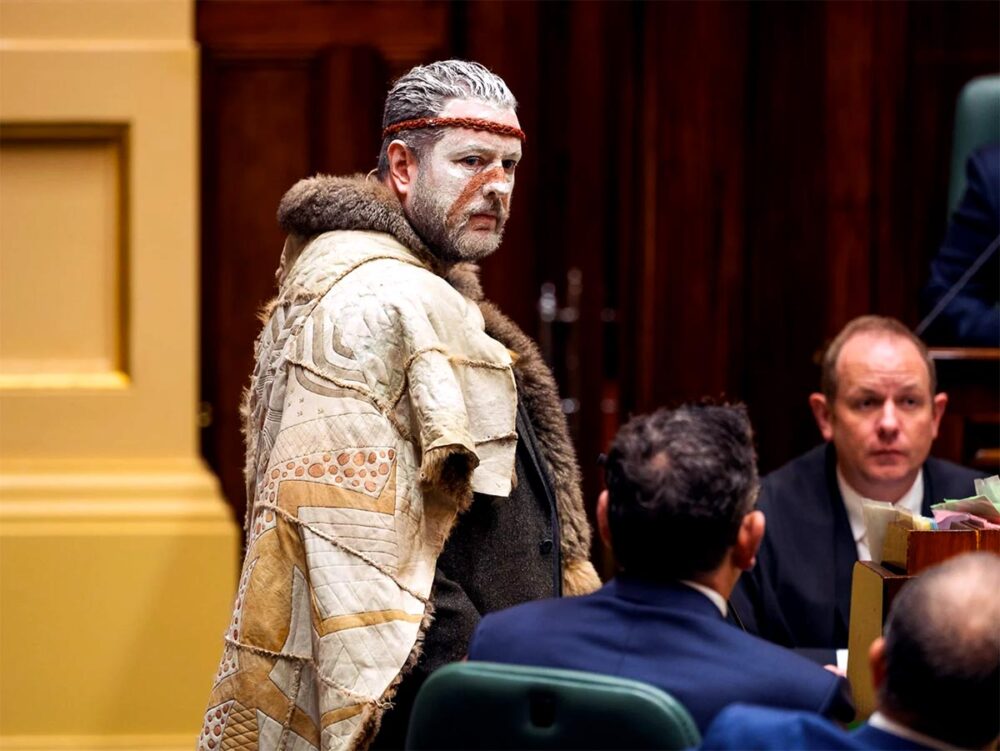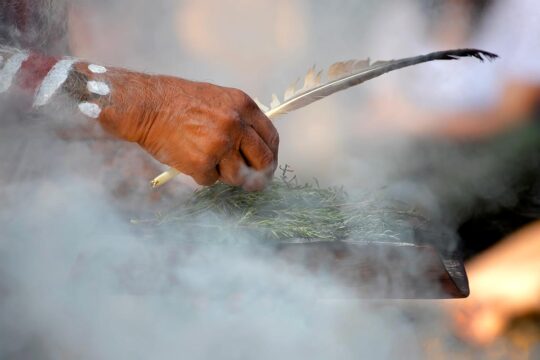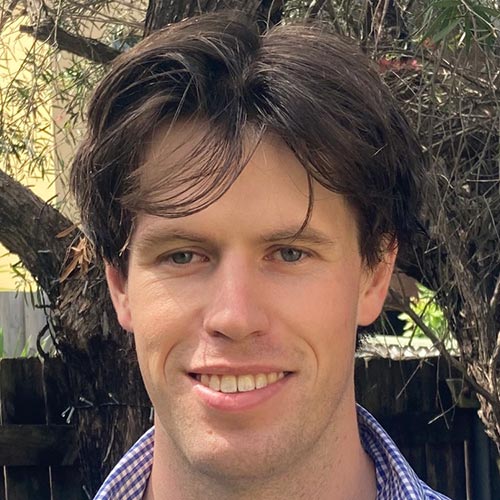“The government will have to be accountable for its failures, for its errors in judgment, but that will result in things that will work on the ground,” said Nerita Waight, the chief executive of the Victorian Aboriginal Legal Service, while underlining her expectations regarding the accountability mechanism of the treaty agreement passed last week to the Victoria state Parliament, in southeastern Australia.
The bill is the culmination of a near-decade long truth and reconciliation process which has most prominently featured the Yoorrook commission. It will establish new self-governing bodies with enhanced powers to advise parliament and hold government accountable, while enshrining an ongoing truth-telling process.
The bill is expected to pass parliament, but it comes at an otherwise low-ebb for transitional justice initiatives in Australia. After the defeat of the federal Voice to Parliament referendum in October 2023 (which sought to grant special representative rights to Indigenous peoples), many state governments abandoned previous commitments.
“A source of pride for all Victorians”
Despite the present uncertainty over the long-term prospects of the treaty, participants in the process have hailed its expected progression into law.
The bill before parliament will pass with the support of the governing Labor Party and the Greens. The conservative Liberal Party does not have the numbers to block the bill, but it has come out strongly in opposition. It argues the Treaty grants excessive power to Indigenous peoples and creates a new level of government. It has pledged to repeal the legislation within 100 days if it wins power at next November’s state election.
Jacinta Allan, the Labor Party premier of Victoria, told parliament that the southern state would “lead Australia in taking a step closer to righting the wrongs of the past and building a future for all Victorians. The Treaty will be a source of pride for all Victorians. Because this is not about taking anything away from anyone – it is about practical changes to do things better, together.”
She criticised the Liberals’ opposition: “Their first priority is not to build the future … it is to tear it down – tear down something that has been worked on for decades.”
The bill will establish a new overarching body, named Gellung Warl in Gunaikurnai language (meaning ‘tip of the spear’ in English). It will contain a pre-existing elected representative body – the First People’s Assembly of Victoria – as well as organisations responsible for truth-telling and accountability.
The First People’s Assembly (Assembly), which was established in 2018, played a key role in the treaty negotiations. Co-chair Rueben Berg, in a speech on the floor of Victoria’s parliament, said “the time for paternalistic governments making decisions on behalf of our people ends with this treaty. No longer will policies be made about us without us.”
The Assembly will be granted powers to address parliament annually on issues affecting First Peoples and to provide input on relevant legislation. Members of parliament introducing certain new bills will be compelled to provide a statement on the extent to which proposed legislation is compatible with the aims of addressing disadvantages brought on by historical wrongs. The Assembly will also be entitled to meet with the heads of relevant government departments and the police, whose role in perpetuating the disadvantage of First Peoples was aired during the Yoorrook Commission hearings.

Two new transitional justice bodies
It will also have responsibility over the two new bodies that will be established.
The first, to be known as Nginma Ngainga Wara (meaning ‘you will do’) is an accountability mechanism to monitor the impact of government programs and policies in achieving better outcomes for First Peoples. It will be empowered to hold its own inquiries into matters ranging from unconscious bias to the performance of government agencies and even ministers on matters that impact First Peoples.
The other body – Nyerna Yoorrook Telkuna (meaning, in various languages, ‘to sit’; ‘to truth’; ‘to heal’) – will entrench the work undertaken by the Yoorrook Commission over the past three years. It will establish a permanent, ongoing truth-telling mission with a particular focus on collecting information about the impacts of colonisation on First Peoples and maintaining an archive of the truth-telling process.
Against the conservative tide
The latest developments in Victoria are being closely watched in New South Wales, South Australia and the Australian Capital Territory, where officials and local Indigenous representatives are slowly working towards developing their own treaties.
Victoria’s landmark legislation has been met with little fanfare amongst the media and public in other states of Australia. The broaderpolitical environment has turned decisively against Treaty initiatives since the resounding defeat of the federal Voice referendum.
A nascent truth commission in the north-eastern state of Queensland was abruptly terminated last year following a change in policy by the newly-elected conservative state government, while the Western Australian and Tasmanian governments have also backed down from treaty commitments since the 2023 referendum.
The Victorian conservative opposition has said it would instead establish a First Nations advisory body, but with far more limited powers than those granted to the Assembly under the current bill. “There’s a big difference from running an advisory group, to effectively having an elected group come into the Parliament and operate effectively as another level of government,” opposition leader Brad Battin said.
The governing Labor Party has also shown a propensity to sacrifice Indigenous self-governance to political expediency, after it rejected a key Yoorrook recommendation – to raise the age of criminal responsibility – amid political pressure over violent crime and lenient sentencing.
With the Victorian opposition considered a competitive chance of winning next year’s state election, expected to be held in November next year, Gellung Warl’s future hangs in the balance before it is even born. But if it stands, it is set to forge a new precedent for transitional justice in Australia and other states dealing with historical and ongoing wrongs committed against Indigenous peoples.






